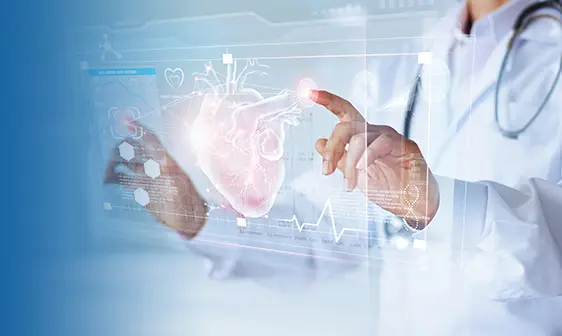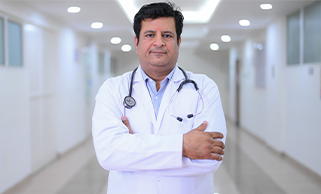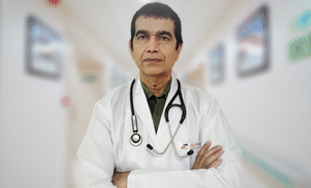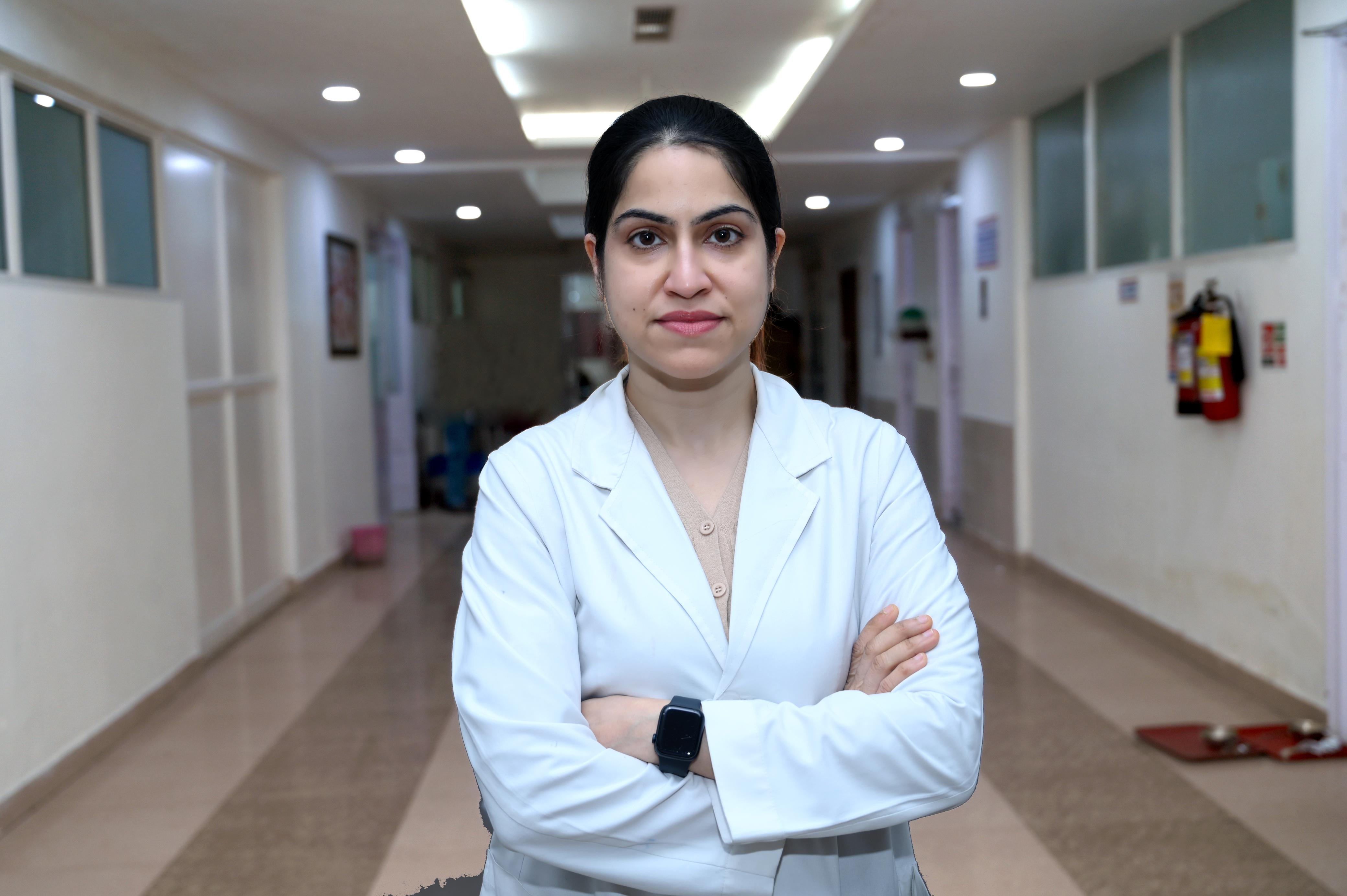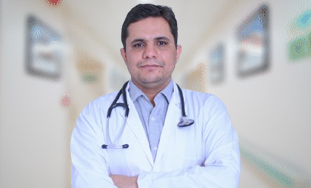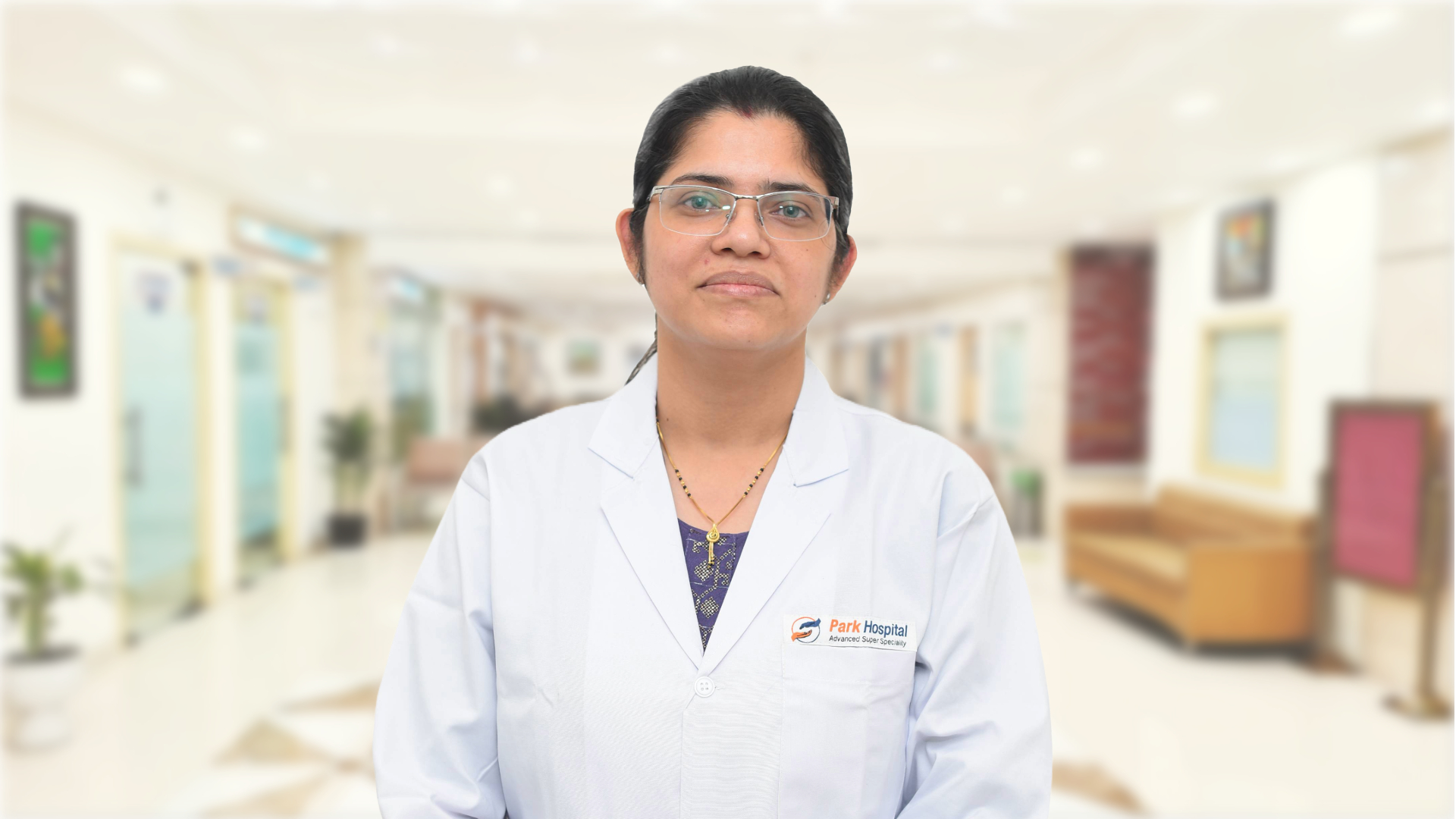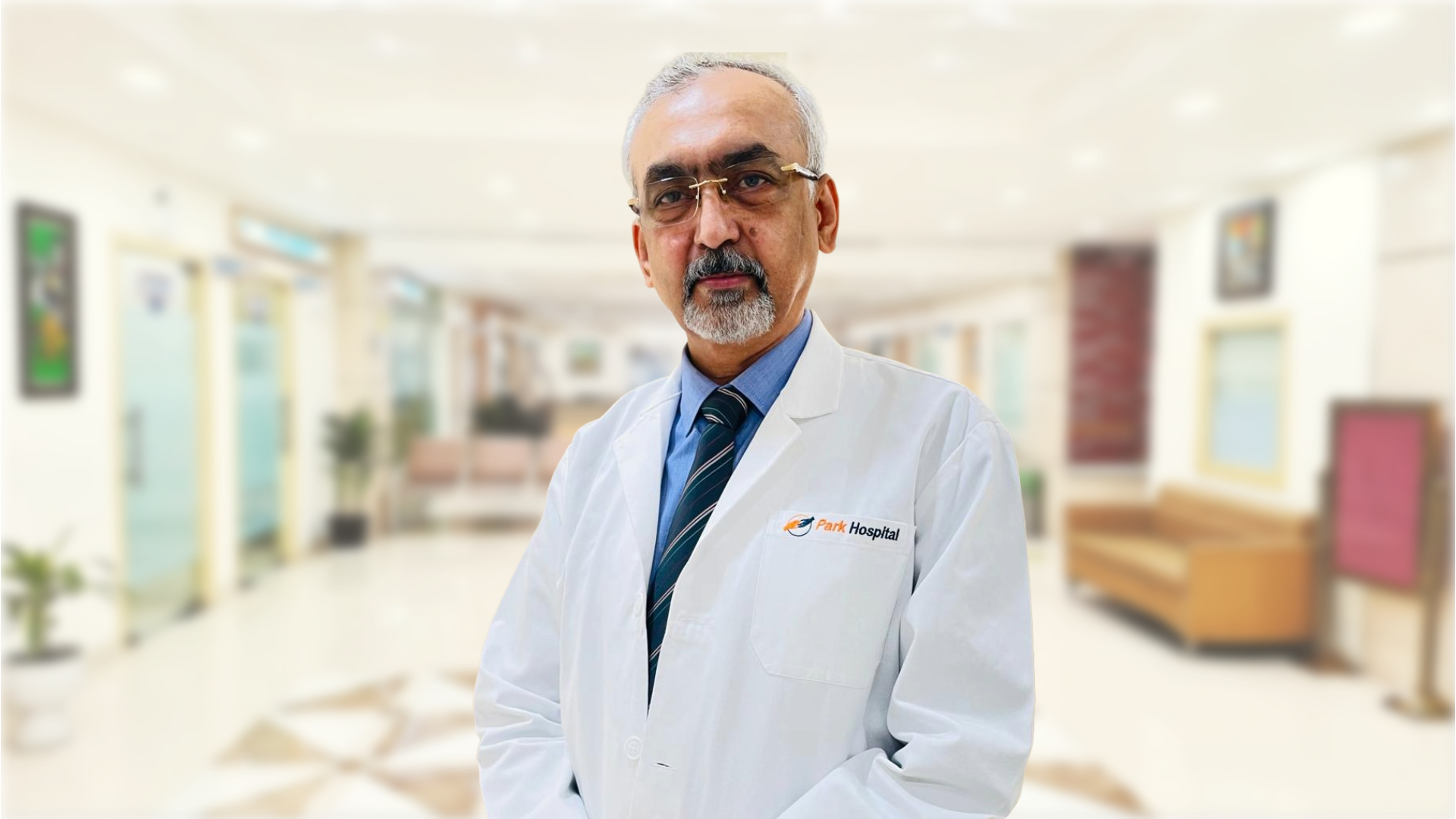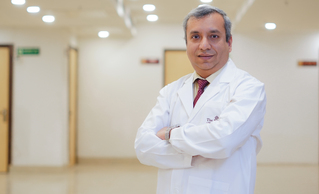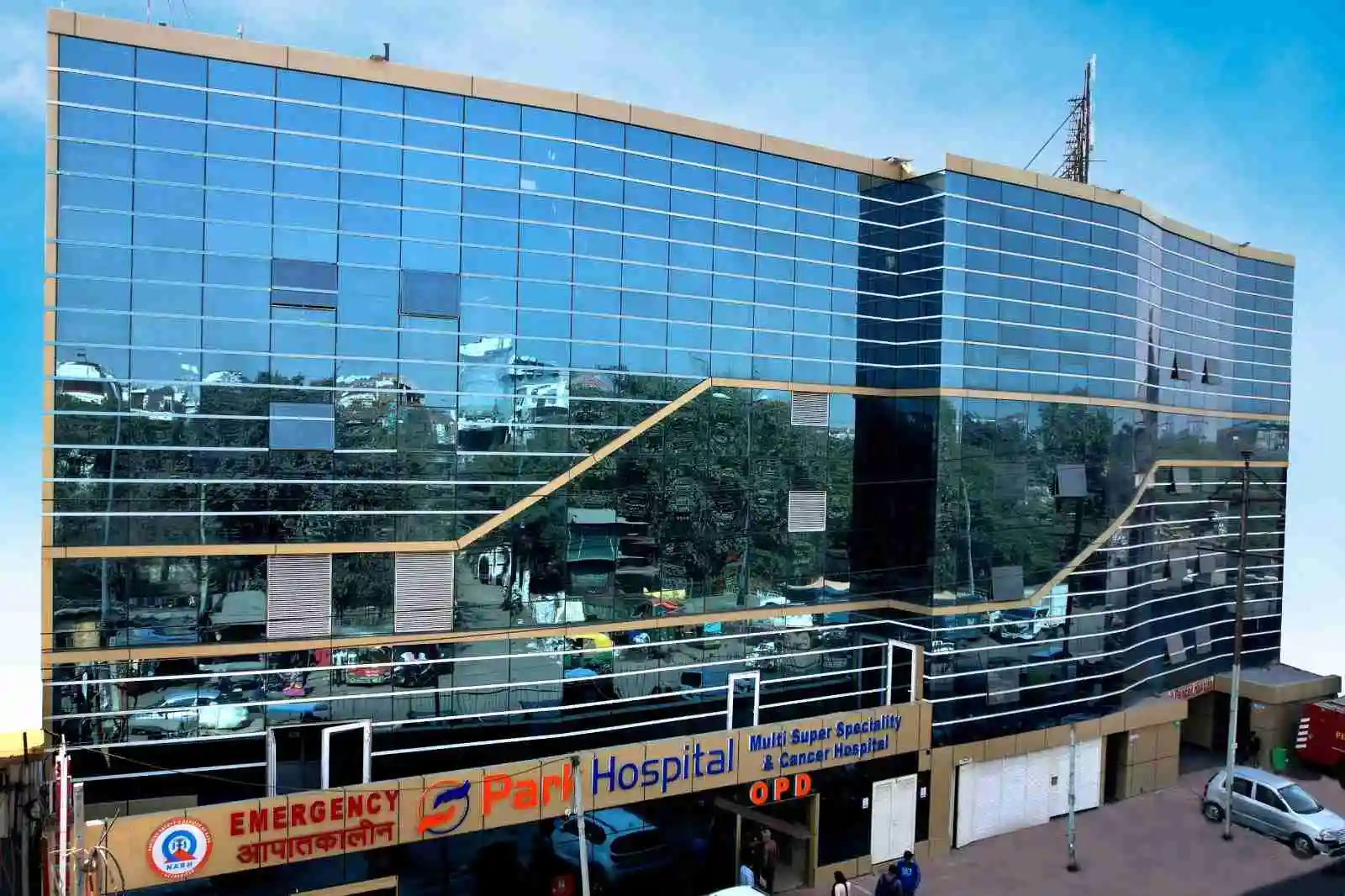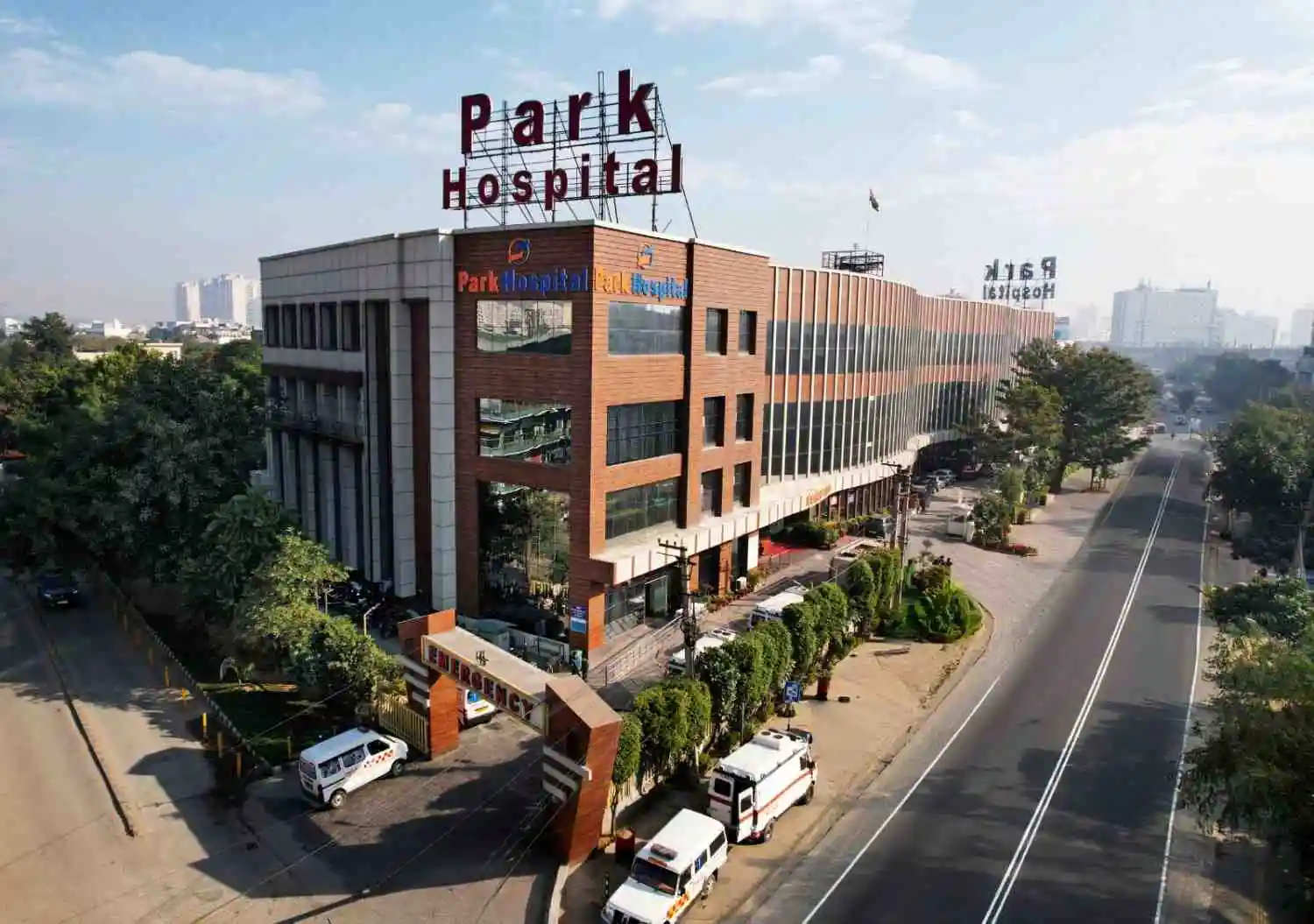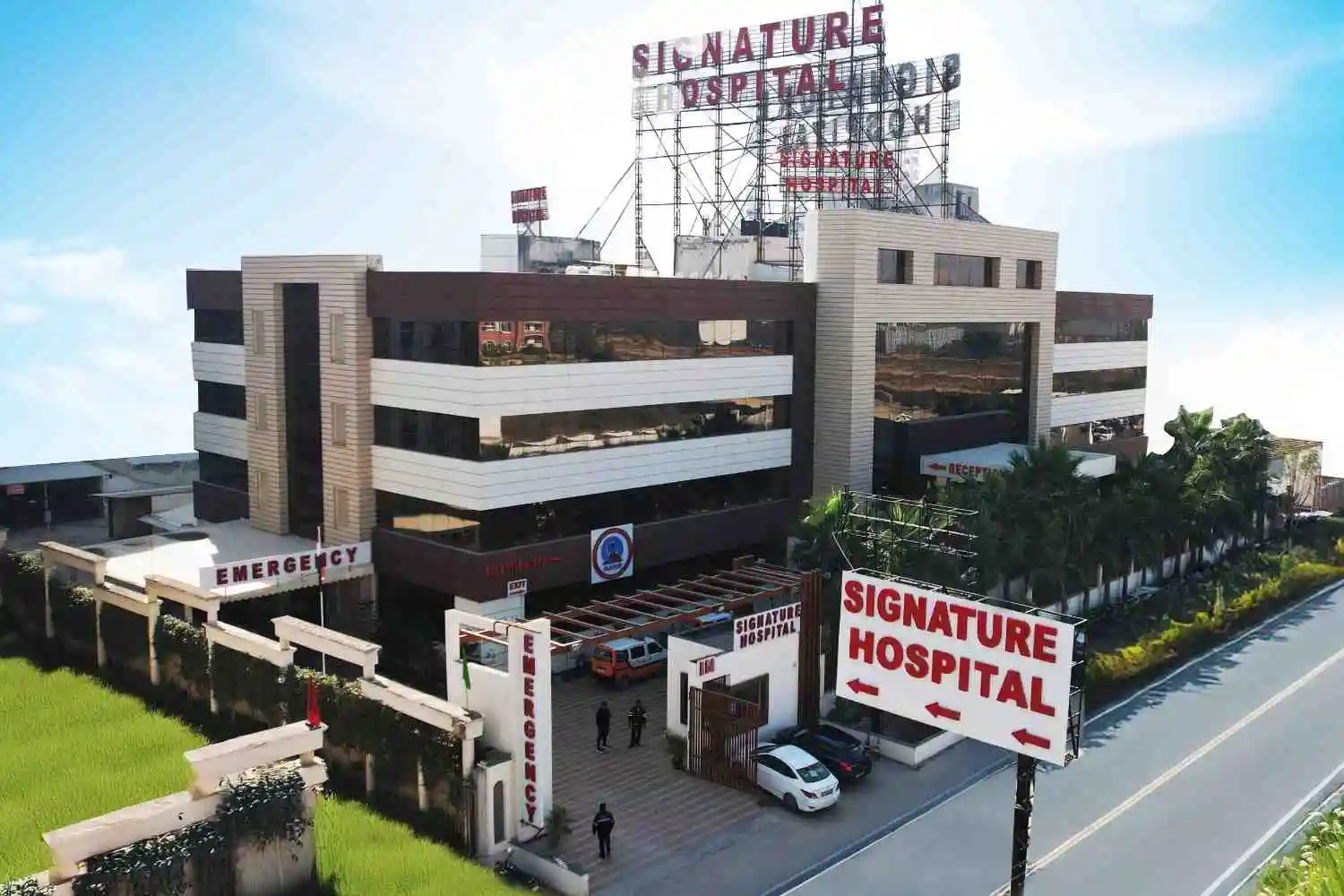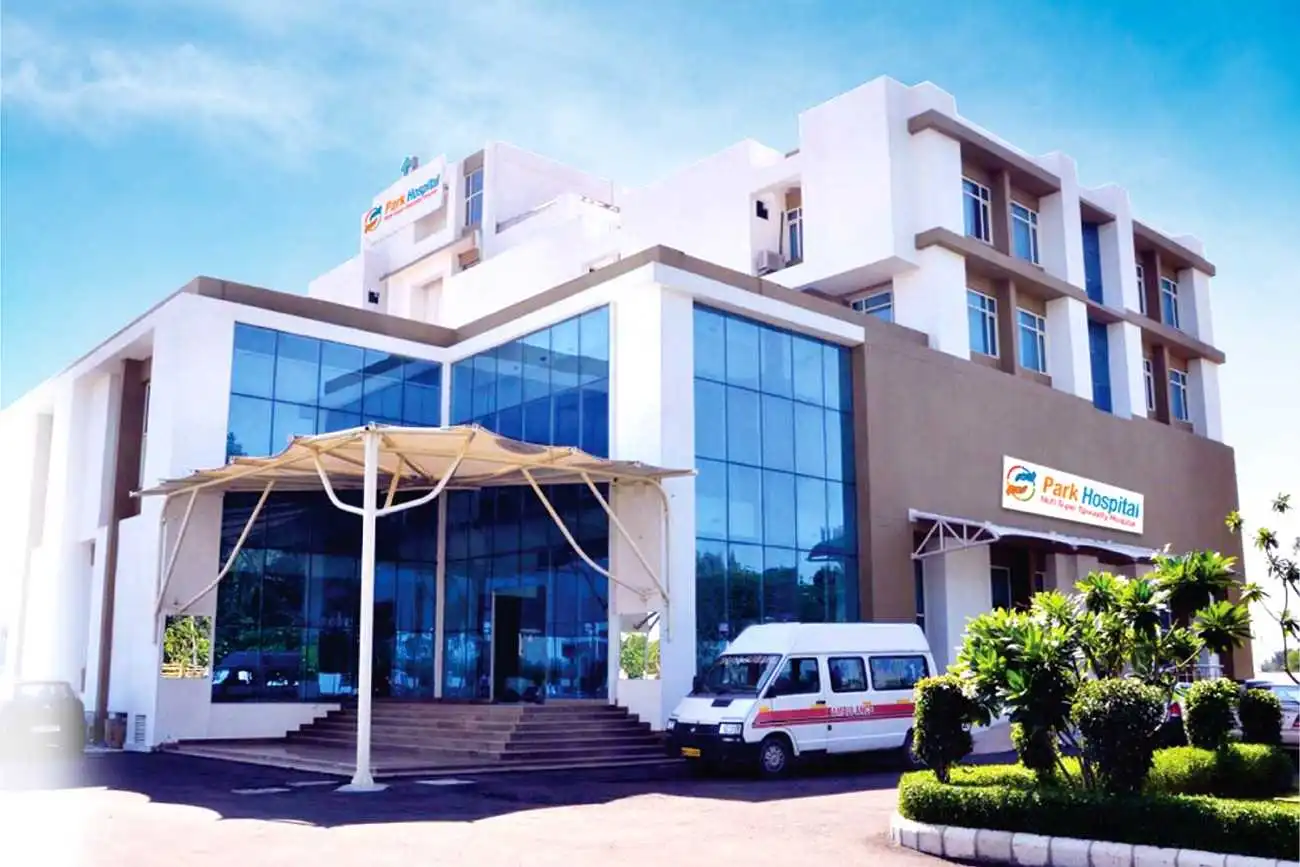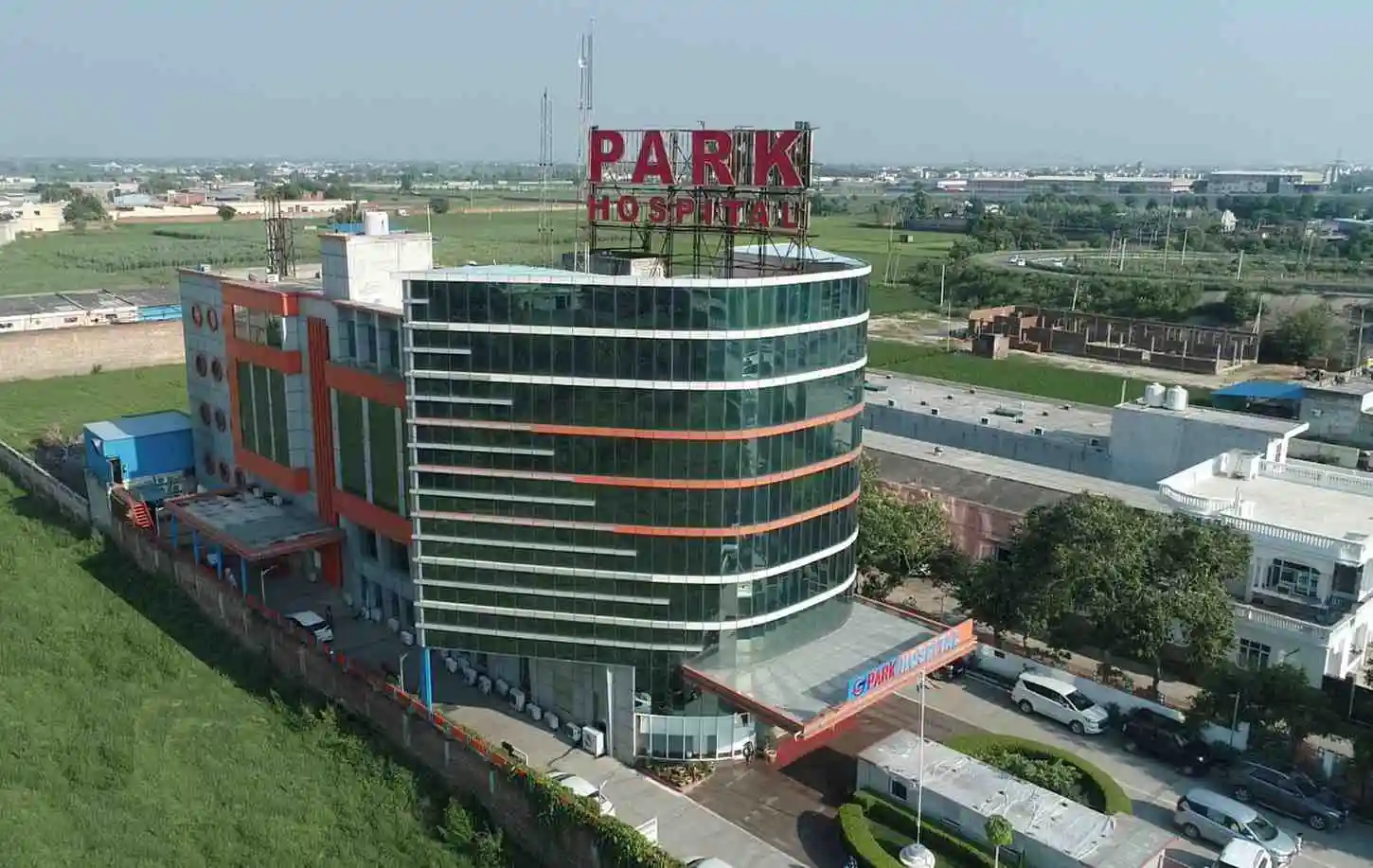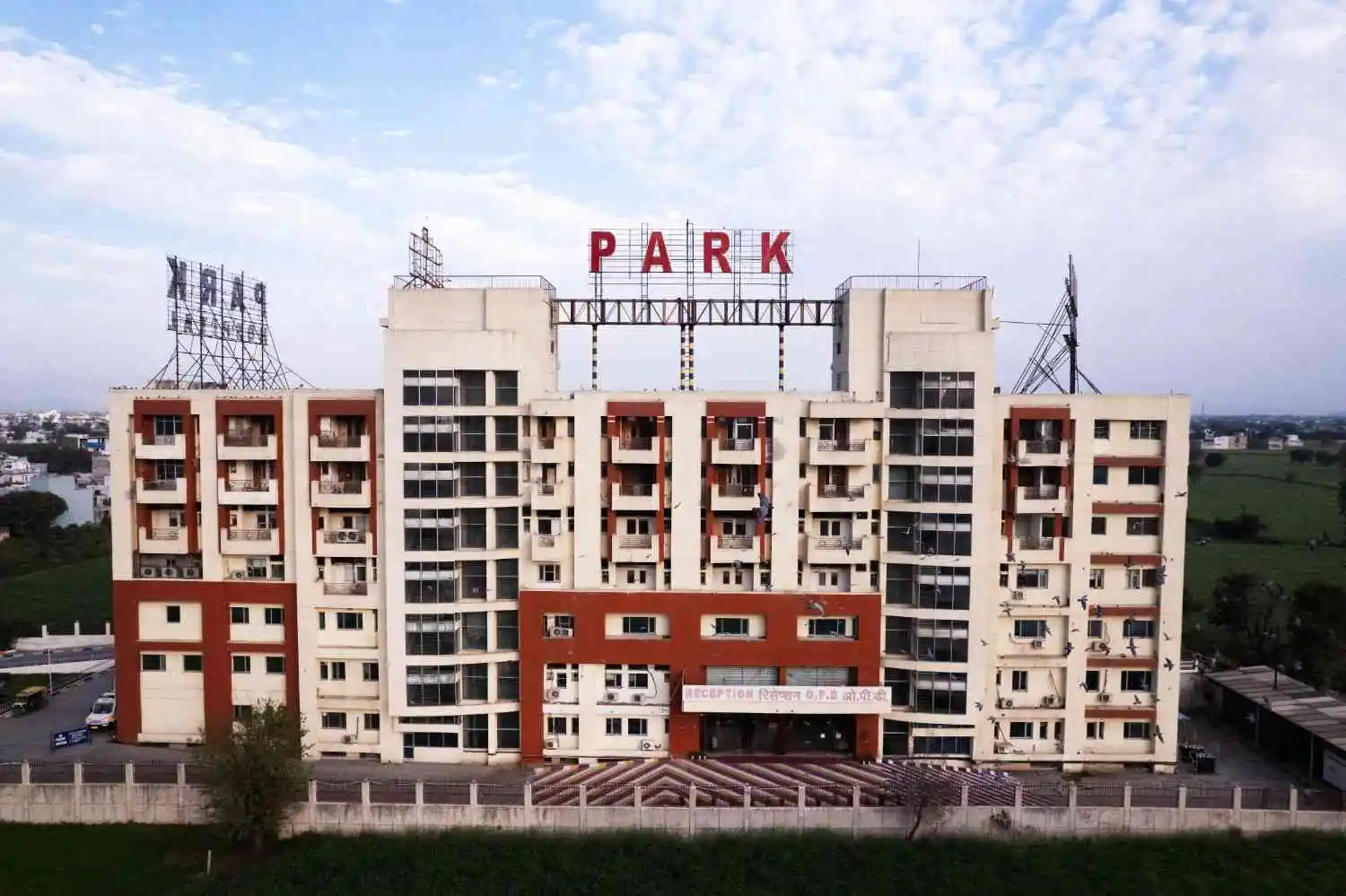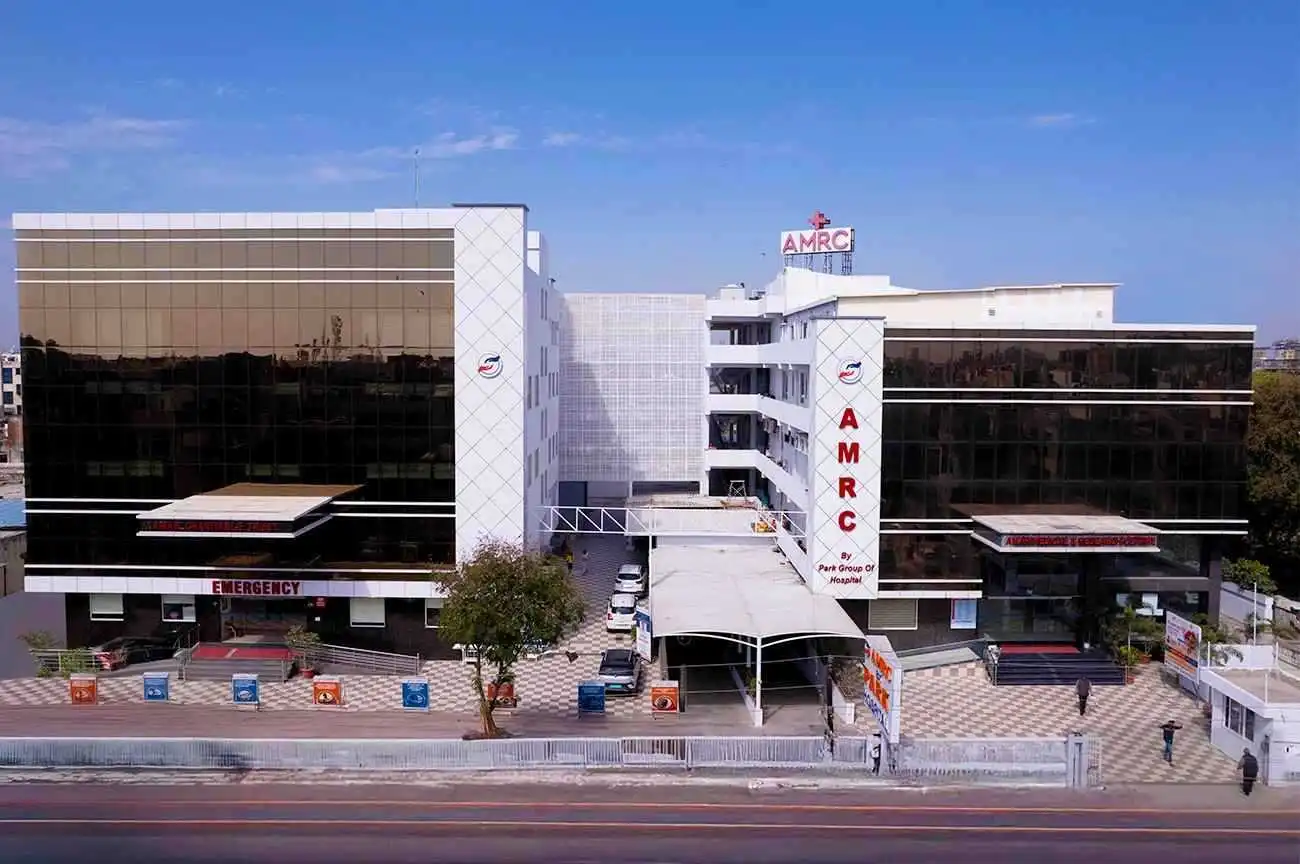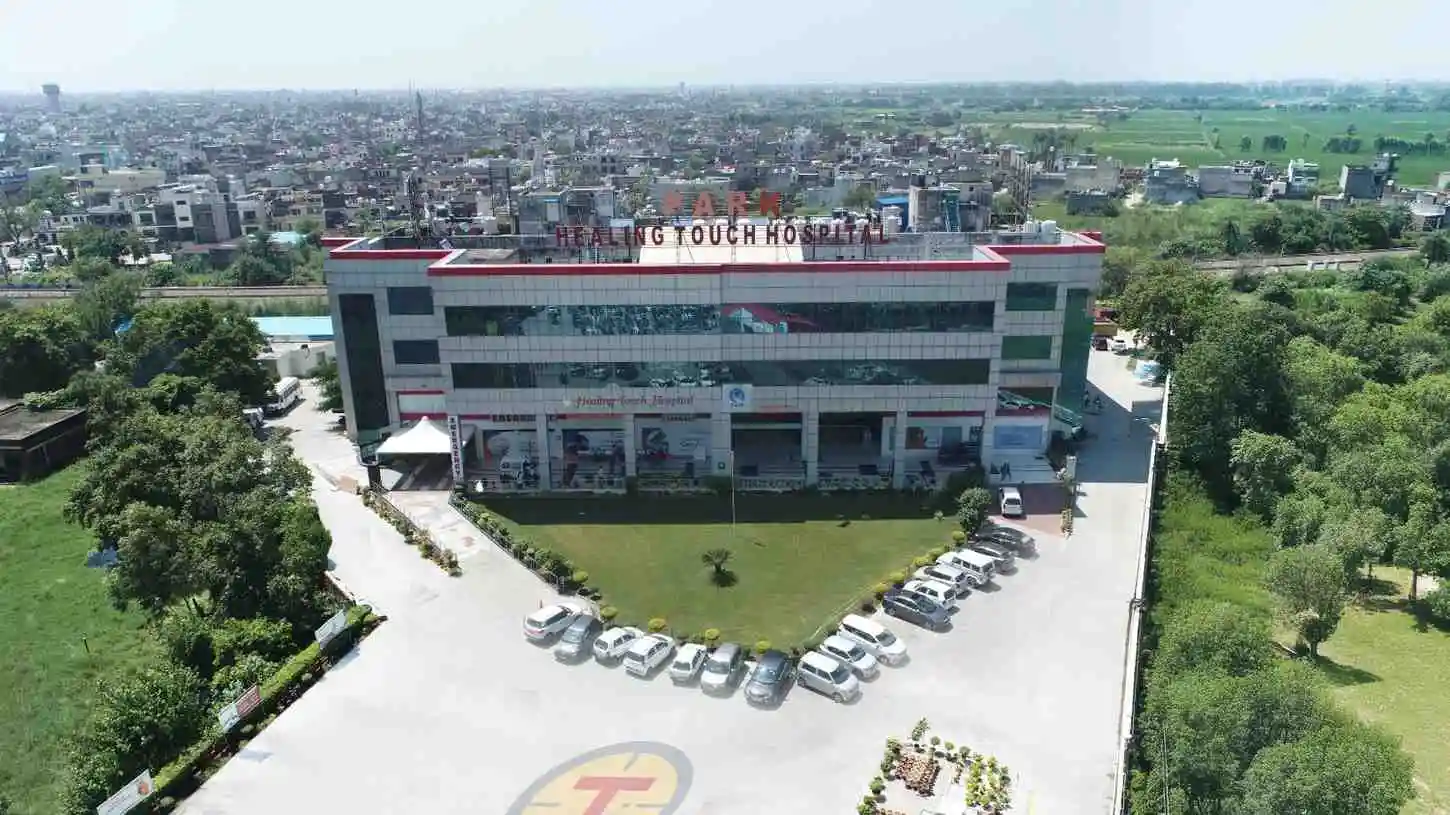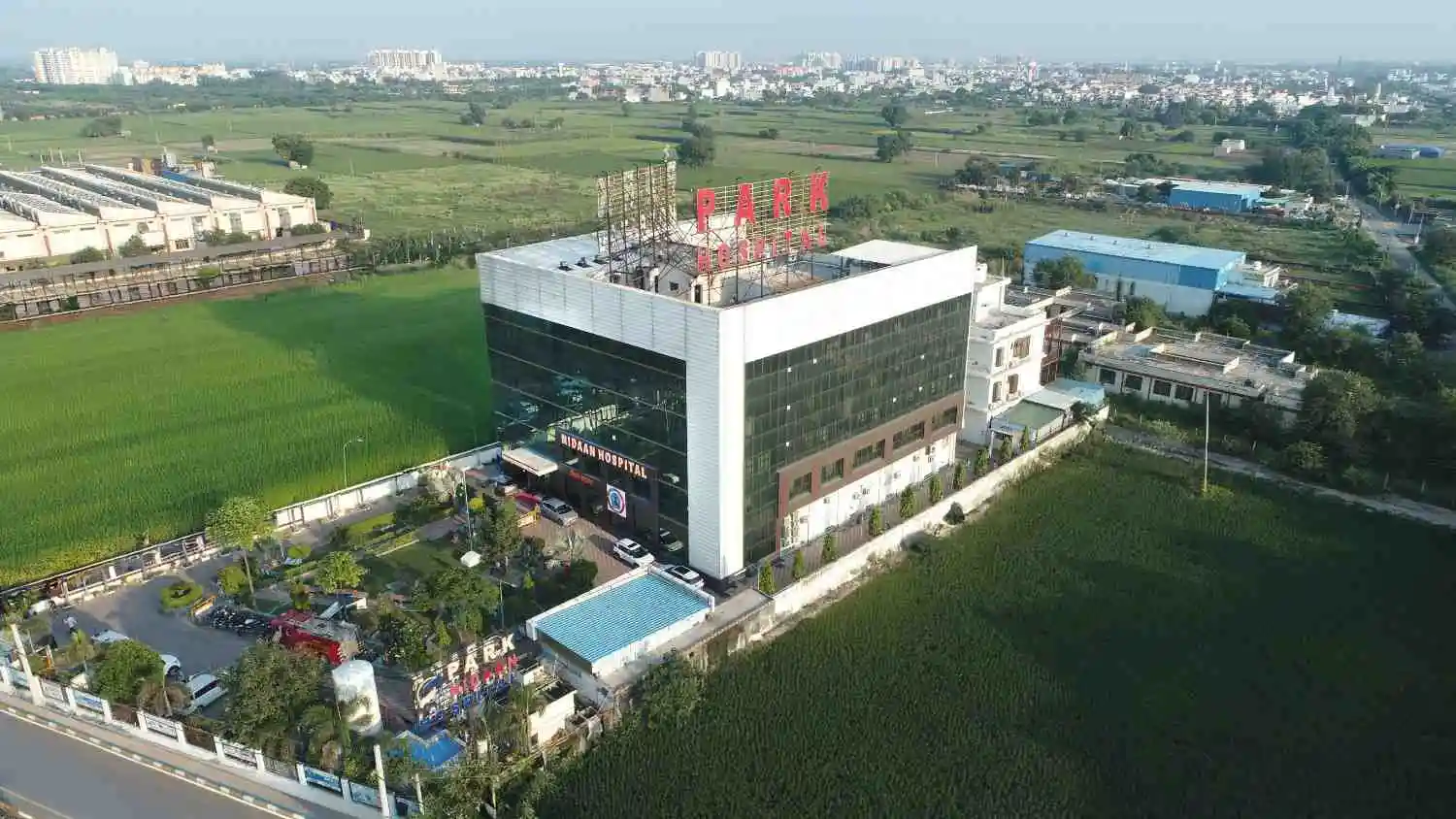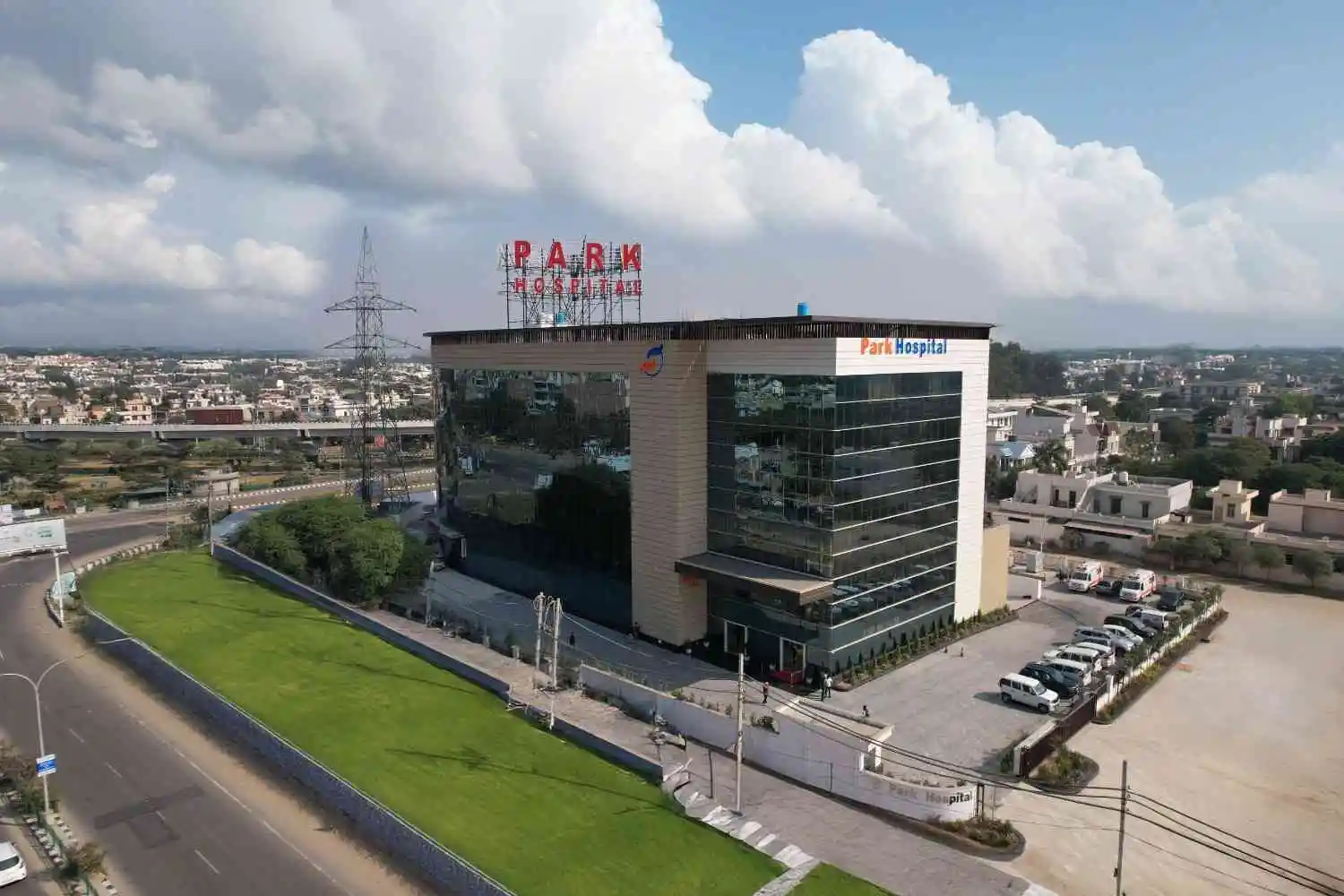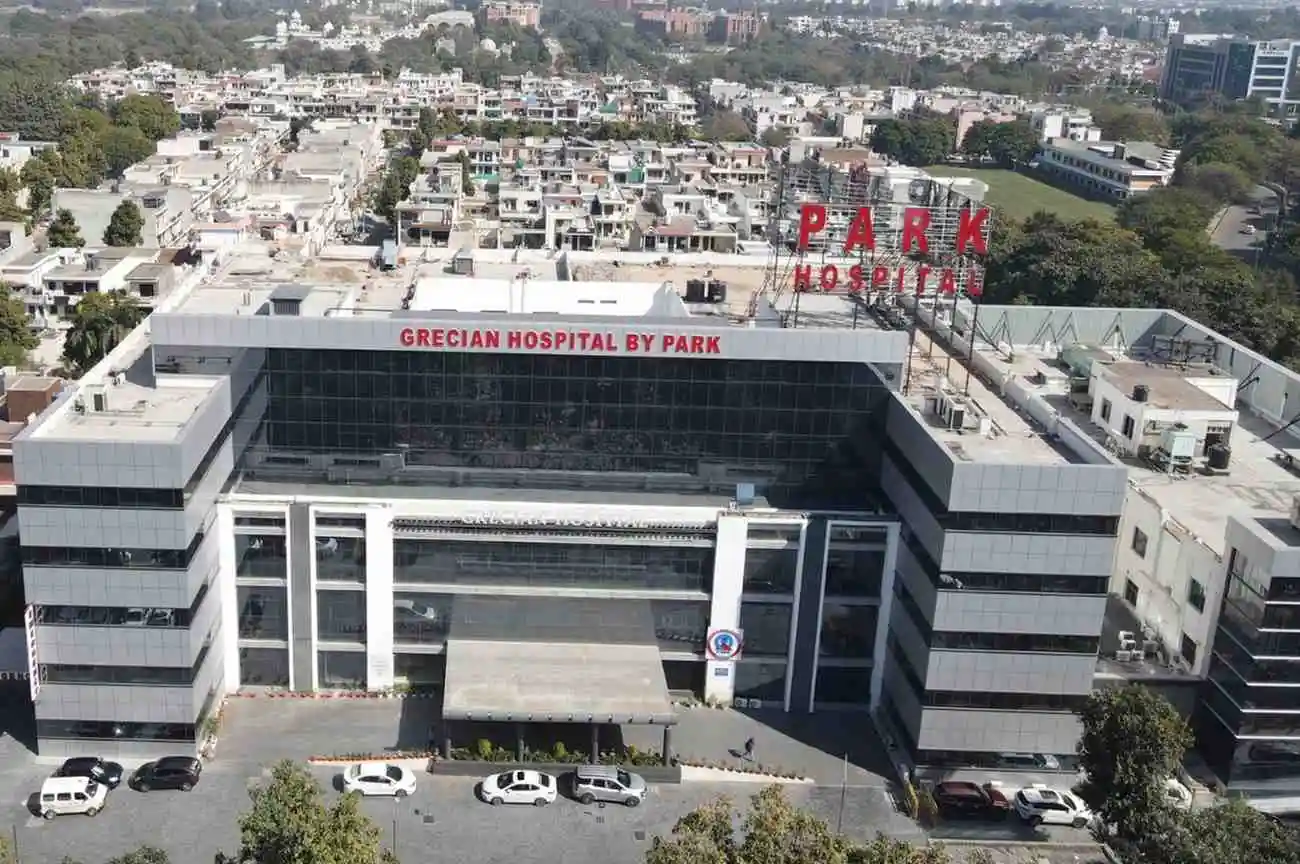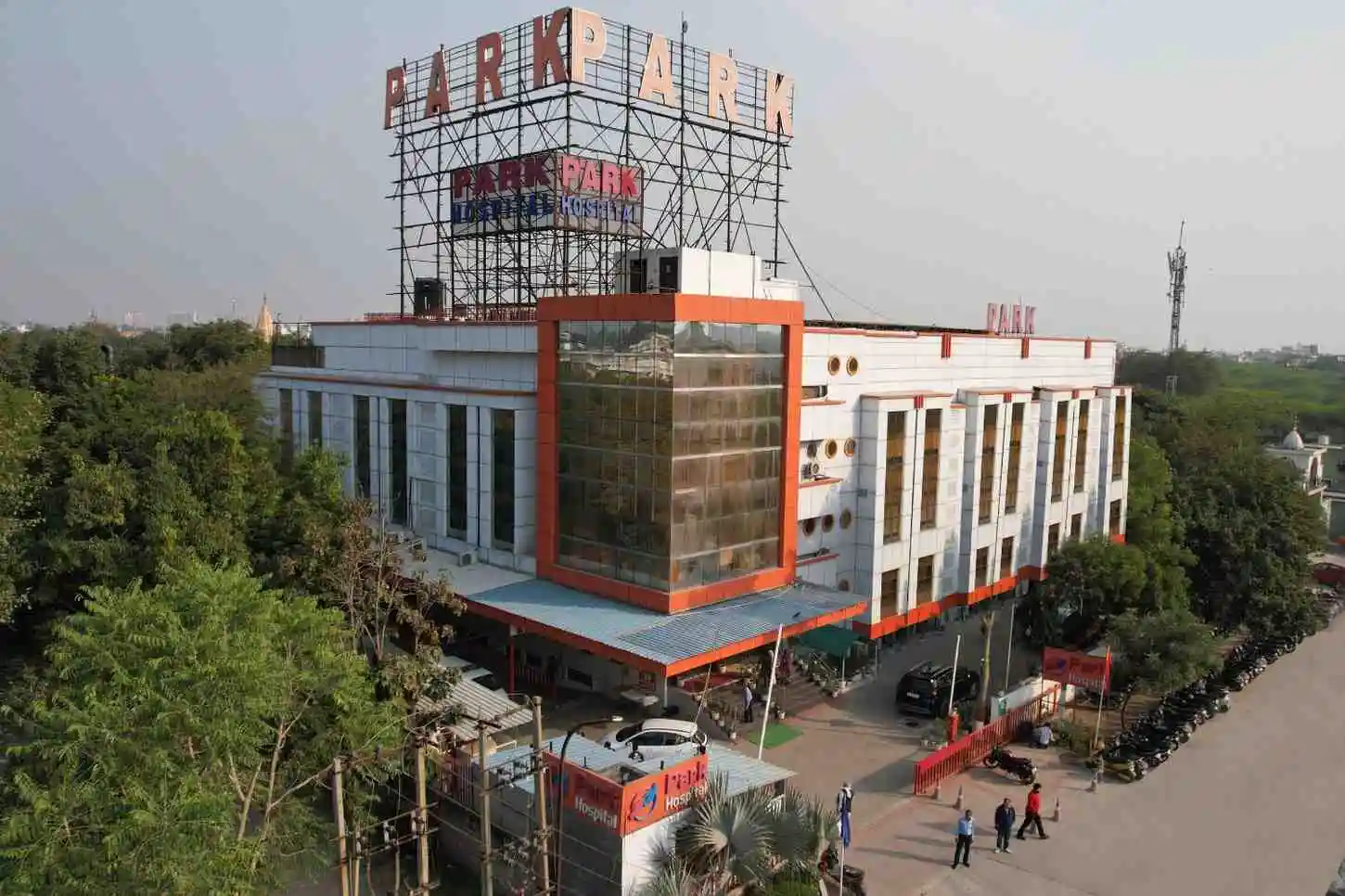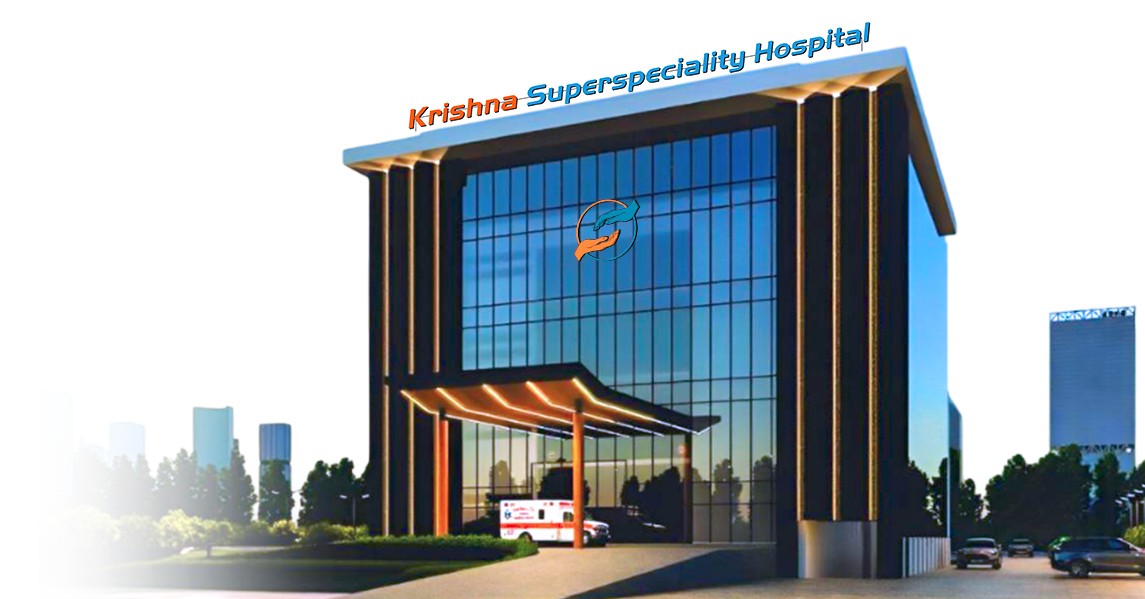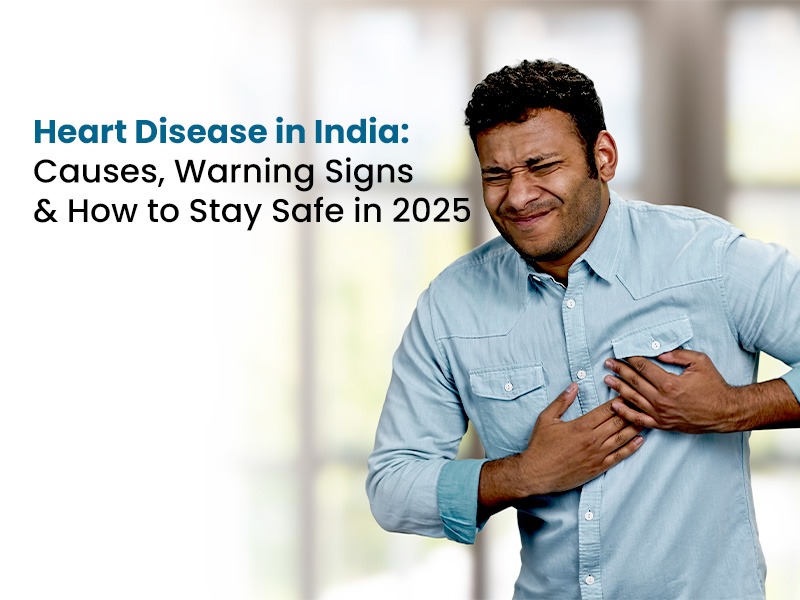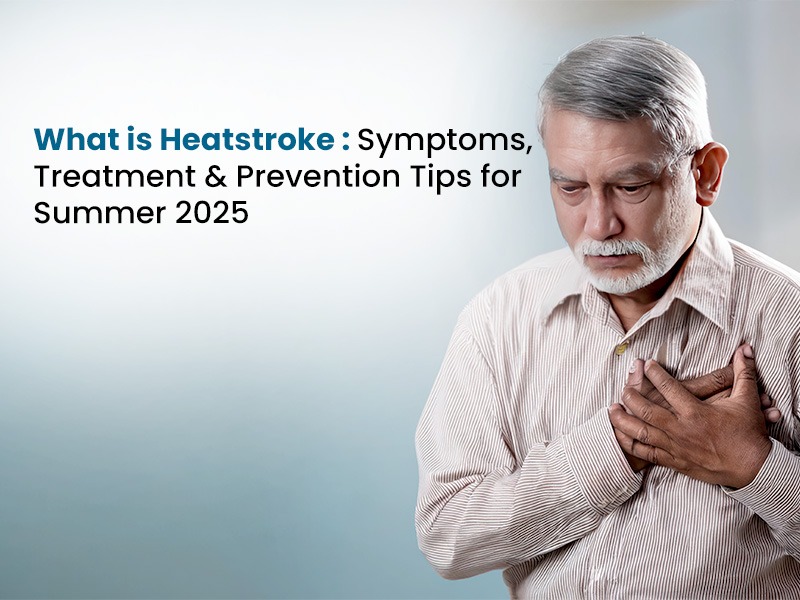Cardiac Sciences
Park Hospital has a comprehensive department for Cardiac Sciences that displays excellence in both Surgical & Medical Interventions for various minor to major Cardiac Diseases. With a team of renowned heart care experts, advanced technology & modern infrastructure, the Cardiac Sciences Department is a Centre of Excellence that aims to deliver quality cardiac care to all. The Key Areas of Expertise or Specialities in the Department include: Cardiothoracic & Vascular Surgery (CTVS) & Interventional Cardiology
Best Heart Hospital for Heart Attack Treatment
The Cardiac Division at Park Hospital has a team of experts, including clinical cardiologists, interventional cardiologists, and cardiac surgeons, who specialize in formulating and executing the best treatment option for patients with cardiac disease. Our primary focus is to provide proficient care to our patients at an affordable cost.
We are the one-stop source to get all types of cardiac treatment, including Invasive and Interventional Cardiology, pacemaker and Arrhythmia services, Electrophysiology, varicose veins, and management of abdominal and descending thoracic aneurysm.
Our Cardiac Surgery Hospital is well-equipped with state-of-the-art advanced technology. We have world-class infrastructure that includes a large number of beds and facilities for numerous super specialties, all under one roof.
Cardiac Sciences
The heart pumps blood throughout the body. The circulatory system is made up of the heart and blood vessels. The cardiovascular system includes the heart, lungs, and blood vessels. The heart pumps oxygen-rich blood to the lungs, where it picks up carbon dioxide and returns it to the heart. It then pumps the oxygen-rich blood to the rest of the body.
The cardiovascular system is responsible to transport oxygen, nutrients, hormones, and cellular waste products around the body. It helps to regulate body temperature and maintains fluid balance. It also plays a role in immunity and inflammation.
Cardiac sciences encompass a wide range of disciplines, including anatomy, physiology, pharmacology, pathology, cardiology, and surgery. Cardiac scientists work together to understand how the cardiovascular system works and to develop new treatments for cardiac conditions.
Sub-Specialities & Services
Interventional Cardiology: It is a branch of cardiology that deals with the diagnosis and treatment of heart diseases. It is a relatively new field of medicine and has only been around for a few decades.
It has made great strides in the diagnosis and treatment of heart disease. In the past, heart disease was often diagnosed too late when it was already causing serious symptoms. Today, thanks to advances in imaging technology and cardiac catheterization, our hospital can often diagnose heart disease before it has a chance to cause any symptoms.
Cardiothoracic & Vascular Surgery (CTVS): It is a branch of surgery that deals with the treatment of diseases of the heart, lungs, and blood vessels. Surgeons at Park hospital are trained in both cardiac (heart) and thoracic (lung) surgery, and they use their skills to treat a variety of conditions that affect these organs.
Some of the most common procedures performed by our surgeons include coronary artery bypass graft surgery (CABG), valve replacement surgery, and lung transplantation. Our specialists also treat less common conditions such as congenital heart defects, tumors of the heart and lungs, and aortic aneurysms.
Vascular & Endo-Vascular Surgery: The heart is a muscular organ that pumps blood throughout the body. The blood carries oxygen and nutrients to the tissues and organs and carbon dioxide and other waste products back to the heart. The vascular system consists of the veins and arteries that carry blood to and from the heart.
Park hospital specializes in endovascular surgery when it comes to treating problems with the arteries, veins, or lymphatic system. We provide endovascular surgery in order to treat a wide variety of conditions, including blocked arteries, aneurysms, and varicose veins. In addition, we also offer vascular surgery in order treat a wide variety of conditions, including blocked arteries, aneurysms, and varicose veins.
Types of Cardiology Diseases
There are many different types of diseases that can affect the heart and cardiovascular system. Some of the more common ones include:
Coronary artery disease: This is the most common type of heart disease and occurs when the arteries that supply blood to the heart muscle become blocked or narrowed. This can lead to chest pain, a heart attack, or other serious problems.
Heart failure: This occurs when the heart is not able to pump enough blood to meet the body's needs. It can be caused by many different conditions, including coronary artery disease, high blood pressure, diabetes, and others. Heart failure can lead to fatigue, shortness of breath, and other symptoms.
Arrhythmias: These are abnormal heart rhythms that can occur for many different reasons. They can be harmless or they can be life-threatening. Some arrhythmias (such as atrial fibrillation) can increase your risk for stroke.
Valvular heart disease: This occurs when one or more of the valves in the heart don't work properly. This can cause problems with how well the heart pumps blood, and it can also lead to infection in the valves (endocarditis).
Park Hospital has a team of well-trained, qualified, and experienced doctors who specialize in providing top-notch treatment for different types of cardiology diseases. Get in touch with our specialists and receive excellent medical assistance and care.
Diagnosis heart attack
A heart attack occurs when the blood supply to the heart muscle is cut off. This can happen if the arteries that supply the heart with blood become blocked. It can also occur if there is a sudden blockage in one of the coronary arteries. The most common symptom is chest pain or discomfort. Other symptoms are shortness of breath, nausea, or lightheadedness.
We at Park Hospital are dedicated to providing excellent treatment for heart attack. We know how much you love your dear ones. Our experts use state-of-the-art tools and technology in order to provide the right treatment for heart attack.
Heart Treatments
We at Park Hospital offer Treatment for heart failure, from preventive care to complex cardiac surgery. Our team of cardiac specialists is dedicated to providing the highest quality of care to our patients. We offer an array of services, including:
Preventive cardiology: We offer a variety of screenings and tests to identify risk factors for heart disease. We also provide education on lifestyle changes that can help reduce your risk of developing heart disease.
Coronary artery disease treatment: We offer a variety of treatments for coronary artery disease, including medical management, angioplasty, and stenting. We also offer surgical options, such as coronary artery bypass graft surgery (CABG).
Heart failure treatment: We offer a number of treatments for heart failure, including medical management, implantable cardioverter defibrillators (ICDs), and left ventricular assist devices (LVADs). We also offer surgical options for heart failure, such as heart transplantation.
Valvular heart disease treatment: We offer medical and surgical treatments for valvular heart disease. Surgical options include valve repair or replacement surgery.
Arrhythmia treatment: We offer a number of treatments for arrhythmias, including medical management, catheter ablation, and implantable cardioverter defibrillators (ICDs).
Cardiac Sciences: Condition & Treatments
There are many different types of heart conditions that can affect people of all ages. Some of the more common heart conditions include coronary artery disease, congestive heart failure, arrhythmias, high cholesterol, high blood pressure, low blood pressure, rheumatic heart disease, mitral valve prolapse, steatorrhea, stable angina, supraventricular tachycardia, valvular heart disease, and ventricular tachycardia.
Our Heart specialist hospital offers different treatment options for different heart conditions. Some treatments can prevent or delay the progression of heart disease, while others can improve symptoms or even cure the condition. The best treatment plan will vary depending on the individual’s specific condition and health history.
Our Medical Experts
Park Hospital is one of theBest cardiology hospitals in India. We are a home of highly skilled and experienced doctors in the world who are dedicated to providing the best possible care for our patients. We offer a wide range of cardiac services, including cardiology, cardiac surgery, and interventional cardiology. Our medical experts are here to provide you with the highest quality of care possible.
